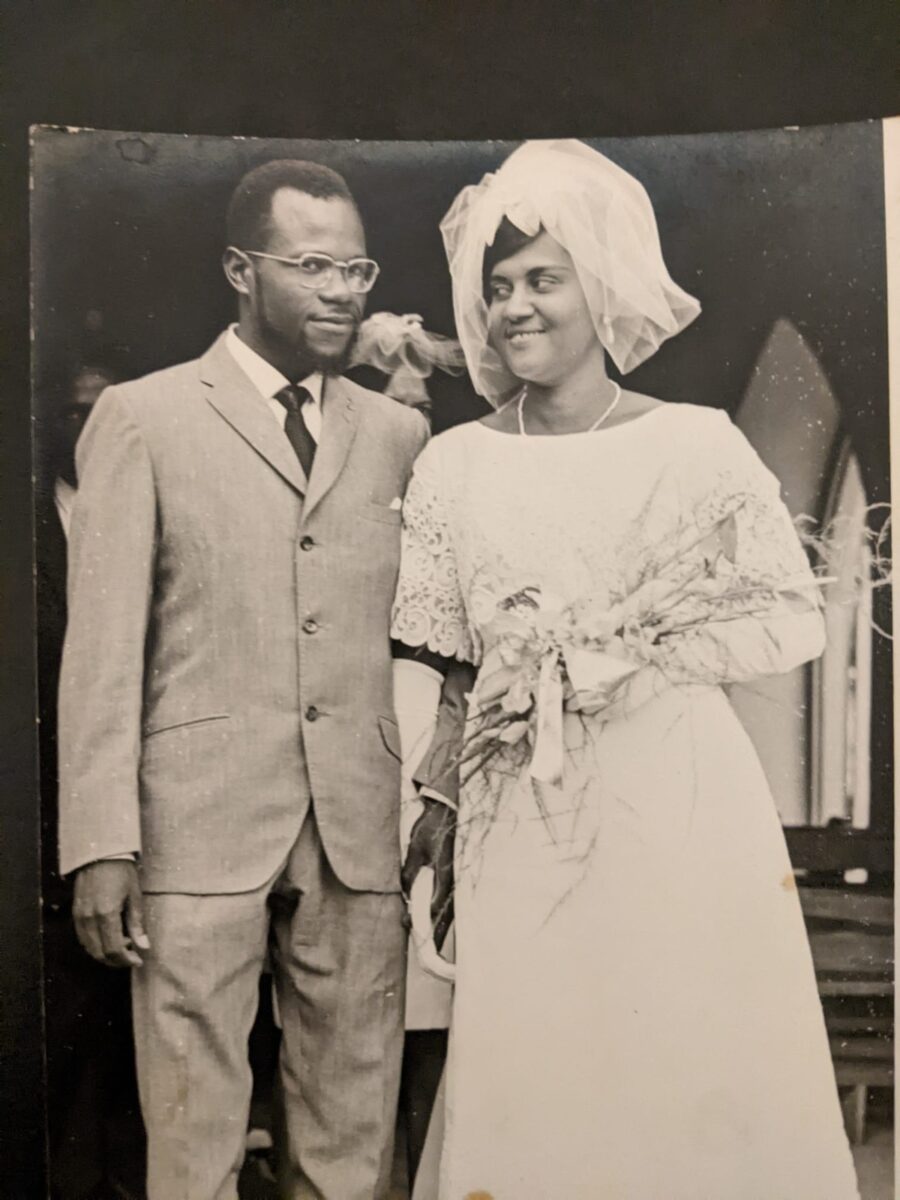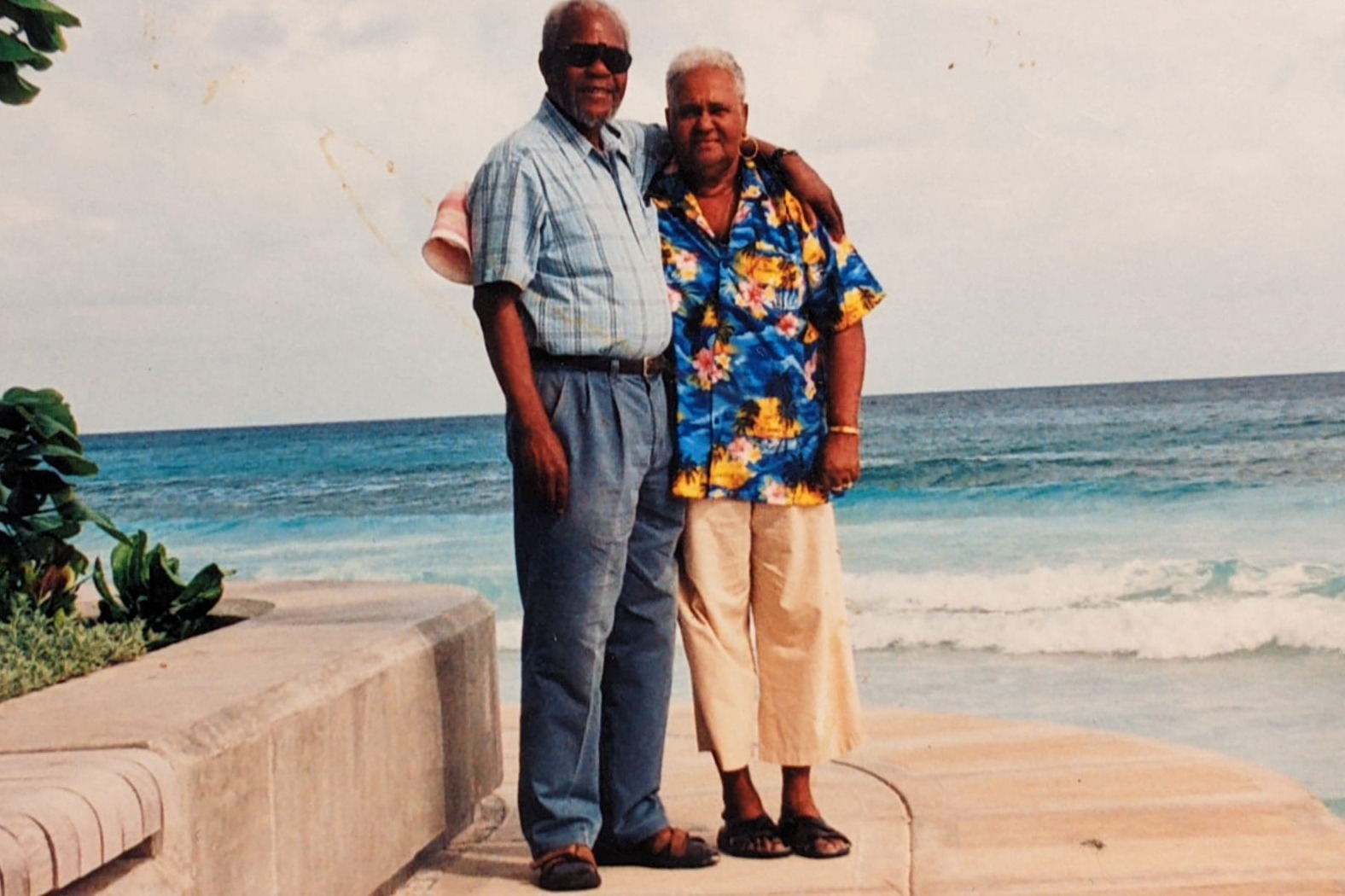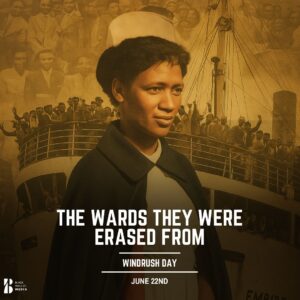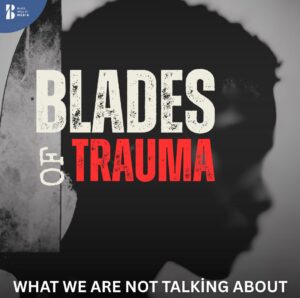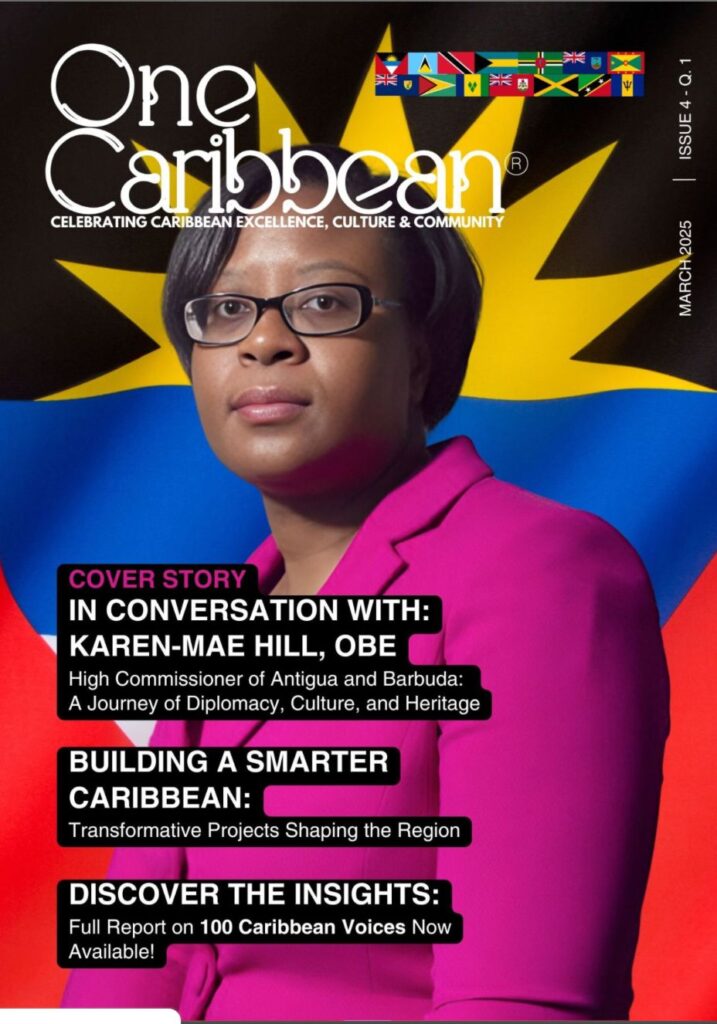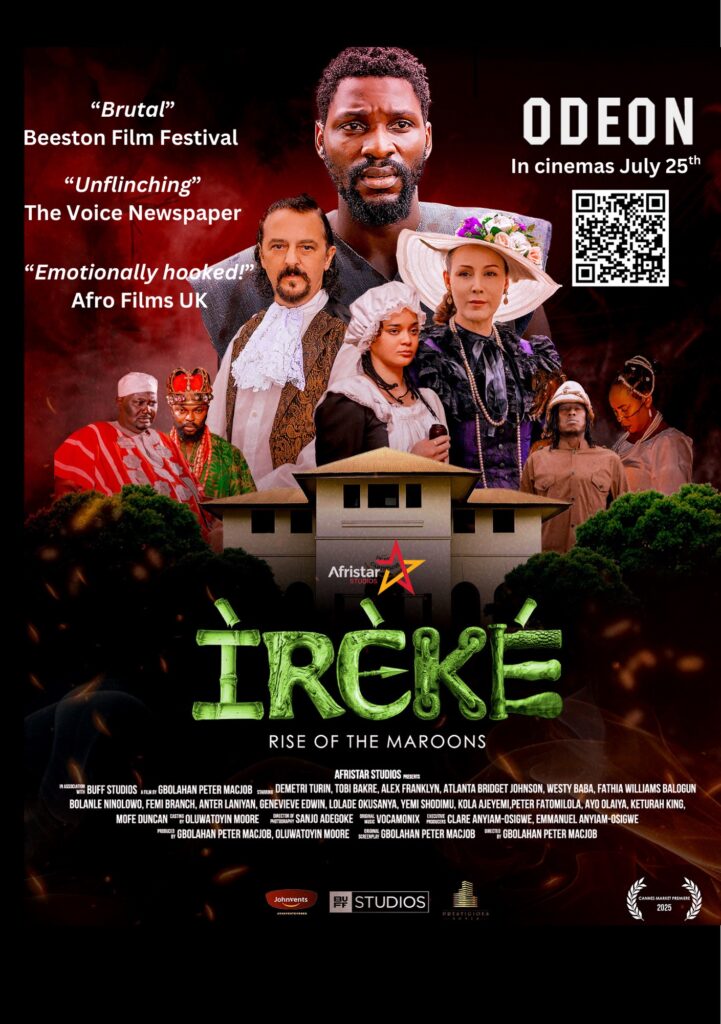John Stevenson(Prepared and read by his son John Stevenson at his funeral in Barbados on 27th February 2023)
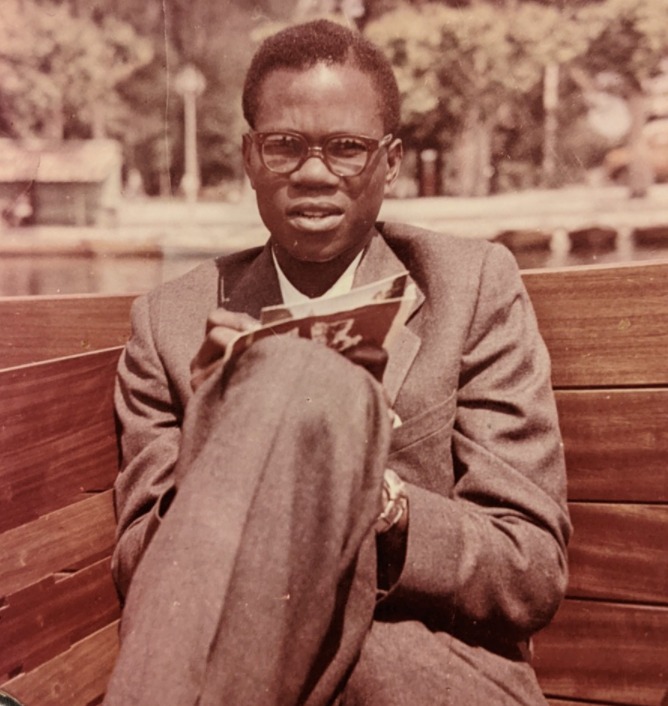 Dad as a student in London, circa 1963
Dad as a student in London, circa 1963
Philip Stevenson was born in the rural Barbadian parish of Saint Lucy on the 8th of February 1935.
The first five or six years of his life were very difficult.
Indeed, he never ceased to remind his family that he was born “behind God’s back in St Lucy, in the Alms House”.
For Bajans of a particular age, the Alms House was an institution designated for the most indigent in rural communities.
It emerged out of the English Poor Laws as the place where the most destitute mothers gave birth to children, and where people afflicted with diseases such as tuberculosis and leprosy could find sanctuary.
The Alms House, was as a consequence, a site of considerable stigma within already economically depressed locales on an island recently emancipated from slavery.
Despite this challenging start in life, the young Philip was a promising student.
He performed well at St Clement’s Primary School and The Parry School, and he was a keen cricketer, representing the Windsor Cricket Club from his teenage years, alongside his half-brother Victor.
After a few brief stints as a primary school teacher, he seized the opportunity to emigrate to England in 1955, joining thousands of immigrants from across the Caribbean in what is historically referred to as the Windrush Generation.
His first job in England was as a trainee psychiatric nurse at a hospital on the outskirts of Birmingham.
Switching careers in 1957, young Philip enrolled in the Royal Air Force (RAF), spending a training period at RAF Melksham (Wiltshire) before being deployed to RAF Gutersloh in then West Germany, where he remained for three years.
He was trained as an aircraft mechanic and fitter, working as on such planes as the English Electric Canberra and the Supermarine Swift.
By day he worked on airplanes, while at night he pursued his ‘A’ Levels.
After completing three years of service in the military he returned to Britain to attend King’s College London, where he graduated with a BA in History with Honours, in 1964.
A year later, he set sail for the island of Trinidad where he was invited to become a history master at the island’s then leading school, Queen’s Royal College.
He settled into the role very quickly, becoming head of the history department in 1966, together with being a cricket coach.
It was during this period in Trinidad that he married his childhood sweetheart, Marva (nee Richards from the island of Saint Vincent), in 1966. Two children quickly followed – John and Christine.
Feeling the need to upgrade his qualifications and advance his teaching career, my father left Trinidad in 1971 for Fitzwilliam College, Cambridge University, to undertake the Post-Graduate Certificate in Education (PGCE) course.
It was a tricky period because his young family accompanied him to England and he became ill with a stomach ulcer in the period leading up to his dissertation submission.
All of that said, he completed the course satisfactorily a year later, specialising in the teaching of history and sport.
The Stevenson family left the UK for Barbados in 1972 and Philip taught at the Coleridge & Parry School (his alma mater). At C&P, he taught History and English across the school from 1972 to 1977.
With itchy feet and a yearning to live in Africa with his family, Philip joined the Plateau State public service in Nigeria as a teacher from 1978 to 1984.
He joined the staff of Government College Keffi (GCK), as a History and English master.
At the College, Philip was well loved and popular, quickly adding to his portfolio the roles of housemaster, Director of Studies, Cricket Master – and from 1981 to 1984, Vice Principal.
It was perhaps the most memorable and impactful sojourn for himself and his family; He forever spoke fondly about Keffi, the hundreds of students he taught there, and his friendships with many colleagues who were drawn from several countries around the world.
For Philip Stevenson, teaching was a profession, an avocation and most of all a passion. This was also keenly felt by his students, whether in Nigeria, Barbados or Trinidad.
Returning to Barbados in 1984, he taught history (for a second time) at Coleridge & Parry School for the last portion of his teaching career, retiring in 1999.
He loved books of all kinds and spent a great portion of his life reading and studying.
Philip Stevenson was also a fine photographer who enjoyed taking pictures of people and of the many countries and places where he travelled.
His was also a lifelong search for God through mysticism, philosophy and systems of religious thought.
He loved music of all kinds – calypso, R&B, reggae, spouge and classical music and introduced me to jazz at a very young and impressionable age.
I am moved to quote a portion of a Martin Carter poem titled Death of a Comrade –
I believe that my father’s _total commitment_ as a father, a teacher, a giver, and an all-round humanitarian, marks him out as a distinguished comrade:
Death must not find us thinking that we die.
Too soon, too soon
our banner draped for you.
I would prefer
the banner in the wind
not bound so tightly in a scarlet fold –
not sodden sodden
with your people’s tears
but flashing on the pole
we bear aloft
down and beyond this dark dark lane of rags.
